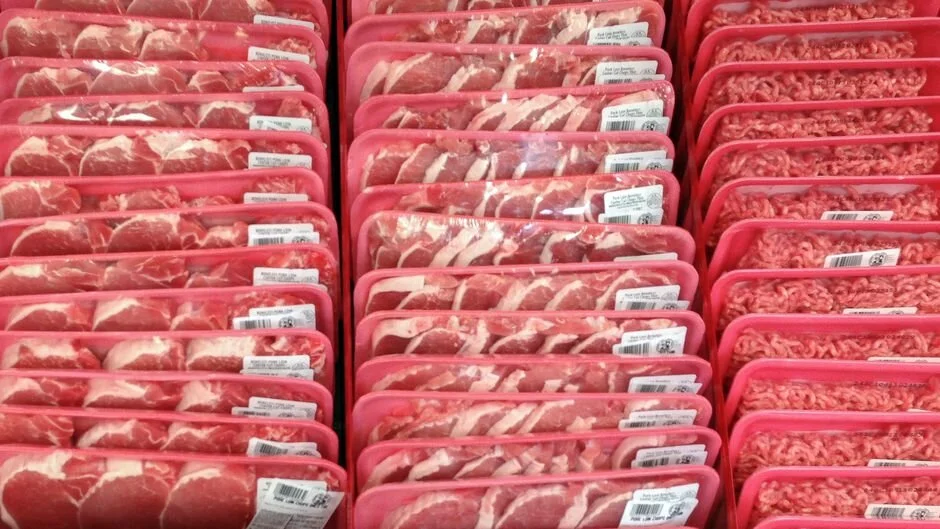In a recent TED talk by Dr. Carolyn Myss, titled “When your soul begins to talk to you”, she raised the question: “what skills do I have, to adapt to life as it is changing with this virus?” What needs to change in me as I live into an emerging unknown? Covid did not raise this awareness but has made the crisis our planet is experiencing ever more glaringly evident. In the very first lines of Chapter 6 in Laudato Si we read, “many things have to change course, but it is we human beings above all who need to change…a great cultural, spiritual and educational challenge stands before us”(LS202). It is a change of lifestyle that is being called for, based on the awareness that we all inhabit a common home. It is our capacity to adapt to new realities, to be creative in meeting new problems, to learn and work in new ways that mark the consciously reflective human person. Can we choose the lifestyle changes that will keep our earthly home with all her creatures alive and healthy?
The choice of eating less meat, especially beef, of moving toward plant-based food is one that is speaking to many people. Does that mean eating only beans and rice which is the diet for millions of people? No, a plant based diet consists of vegetables, grains, nuts, seeds, legumes and fruits. This does not necessarily mean vegetarian, but less protein from animal sources and particularly from beef which requires the greatest amount of land use and water to be processed. Changing our eating habits is not easily done and it is a challenge to be entered into with awareness and patience. Choosing to eat primarily plant based food will positively impact the environment and improve the general health of most people.
Is there enough protein in vegetables and grains? Most everything we consume has a certain amount of protein and nutritionists do agree that plant based protein supports a healthy diet. Benefits include such things as lower saturated fats and little cholesterol, an abundance of vitamin, minerals, fiber and it lowers the risk of diabetes, heart disease and a number of cancers. And it definitely lowers the carbon footprint which in North America is very large.
We became very aware of the situation in the Amazon when Pope Francis called a synod to address many issues affecting their people. The huge forests of the amazon – the lungs of our earthly home are being destroyed to allow cattle to be raised for human consumption while the people there are being deprived of their way of life and sustenance and even threatened with genocide. Many in our own country are deeply distressed and are physically challenging the methods of transporting and slaughtering animals to bring meat to our tables.
Our whole social system has been fractured and requires of us a transformation in our behaviour, in our ways of choosing, of making decisions. The global impact of Covid-19 is challenging us to be changed by what some are calling the “new normal”.
How do we ground ourselves in these disturbingly uncertain times? Do we live in “grateful contemplation of God’s world, in responsible simplicity of life and in concern for the needs of the poor and protection of the environment” (LS 214). A conversion of heart, the awakening to the reality of our oneness with all creation is needed (LS226). Do I have the willingness and the love of neighbour to respond to this call? Our choices to matter!
Carolyn Myss: https://www.youtube.com/watch?v=BDy_3K1L3iE








